Digital Humanities Applications: Spanish Language
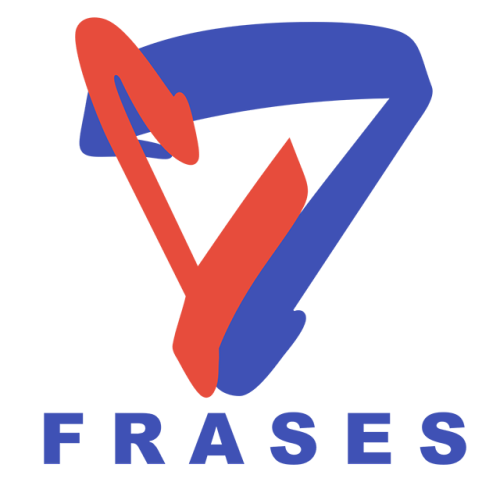
Frases TIP
Frases TIP is a Digital Humanities web application that allows you to search for example phrases in a corpus of more than twelve million different phrases. The example sentences are sorted by the number of words in each sentence and you can filter your search by selecting a range of the number of words in the result sentences. TIP Phrases supports three search options: search by order, search by order and distance, and number of words: These options allow you to filter the search result to examples of phrases with a number of words in the selected range.
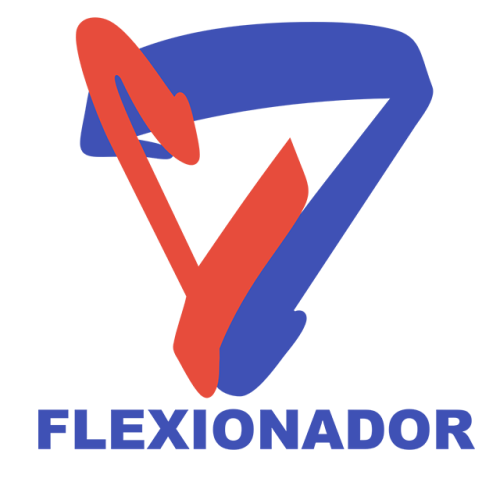
TIP flexer
The «Intelligent Nominal Flexionator» is a natural language processing tool for the Spanish language. It consists of a web application capable of obtaining all the inflections of a given word, as well as being able to find the canonical form of an entered inflection. It can handle nouns, pronouns, adjectives, adverbs, conjunctions, etc. And although it recognizes verbs, it does not conjugate them. In this work on Digital Humanities, diminutive, augmentative, and derogatory appreciatives are considered nominal inflections. The inflections it shows are mainly gender and number and the superlative for adjectives, among others less frequent.
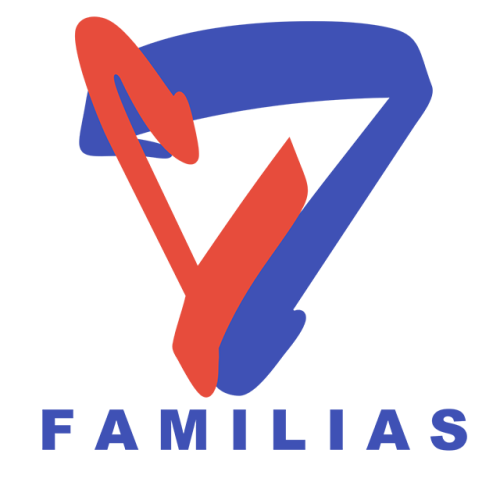
Families TIP
Families TIP uses a database related to Digital Humanities that shows the family of words, also known as lexical family, of a given. The set of words that share the same root constitutes what is called a word family or lexical family. Words that have been formed from each other by adding an affix are called derived words and words that give rise to the formation of other words are called primitives. That is, a word (derived) is formed from another (primitive), then, the set of words derived from the same primitive constitutes the family of words or the lexical family of the primitive.
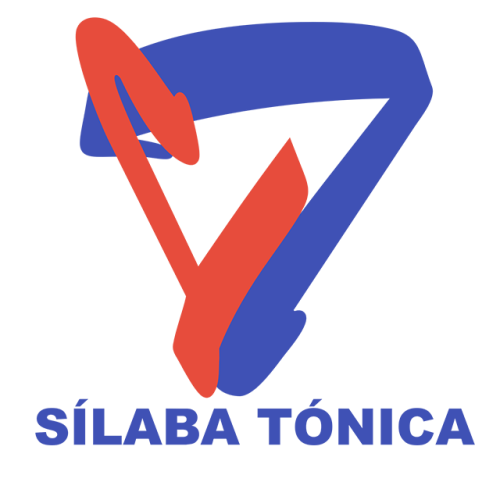
Sílaba Tónica TIP
Sílaba Tónica TIP shows all the tonic and atonic syllables that a Spanish word can have. It offers information related to the Digital Humanities and, about its syllables, the type of accentuation (high, low, mandrel, overdrive and lunar), whether it has diphthongs, triphthongs or hiatuses, as well as the position of the tonic and atonic syllables.
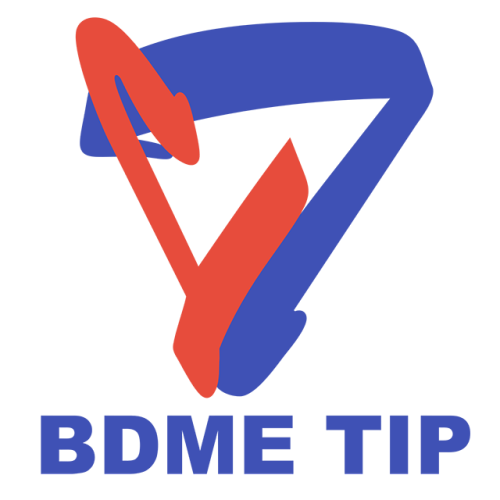
BDME TIP
BDME TIP is a Digital Humanities web platform for the morphogenetic study of the lexicon. It is a visualization tool that allows us to represent, either in the form of graphs - close to tree diagrams - or in a linear way, the lexical families and subfamilies of Spanish. The application transfers to the visual representation a part of the morpho-etymological information stored in a Spanish morphological database (BDME). Project developed within the framework of the collaboration agreement signed between the RAE, the USC and the IATEXT (ULPGC).
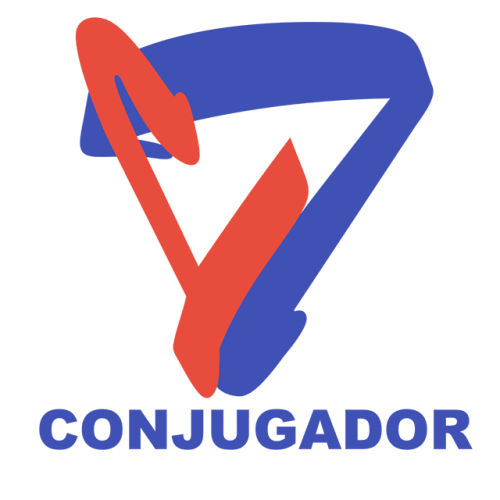
Conjugador TIP
TIP Conjugator shows the simple and compound conjugation of more than 14000 Spanish verbs with the contribution of the Digital Humanities. Classify all the irregularities of each conjugation and admit any conjugate form as input.
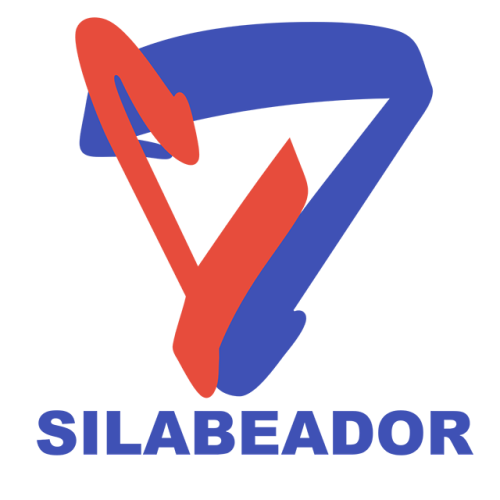
Silabeador TIP
Silabeador TIP separates any Spanish word into syllables. It is based on orthographic criteria that is complemented by a Digital Humanities tool that performs morphological analysis and, with a database that has more than 80 thousand semantic-lexical relationships.
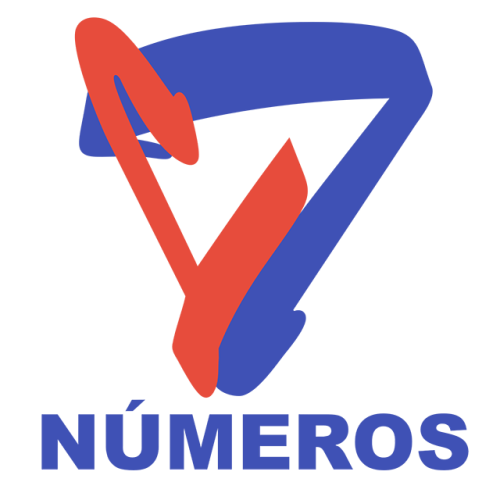
Números TIP
TIP Numbers linked to Digital Humanities performs the conversion of a number written with figures to its text according to various interpretive contexts: cardinality, ordinality, fraction and multiplication, and from other areas: Romans, sets or groups, polygons, polyhedra and ages.

Caneo TIP
CANeo TIP is a Digital Humanities web tool that identifies possible suffix, prefix and parasynthetic neologisms. It detects the root of the neologism and composes the primitive word from which it comes and provides an estimate of the grammatical category of the neologism.
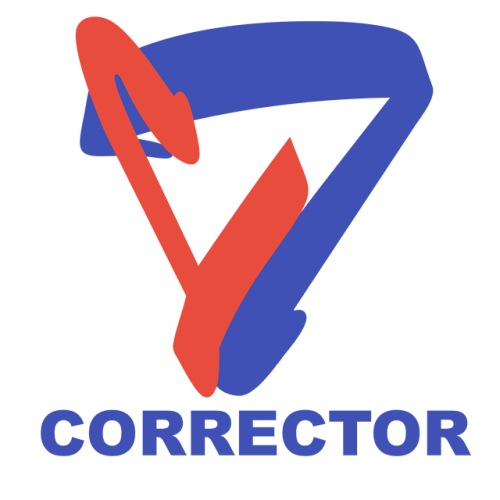
Corrector ortográfico
Speller TIP es una aplicación en línea de Humanidades Digitales que permite obtener las palabras más similares a una dada. El resultado se muestra en dos listas de palabras: Similares y Sugerencias.
